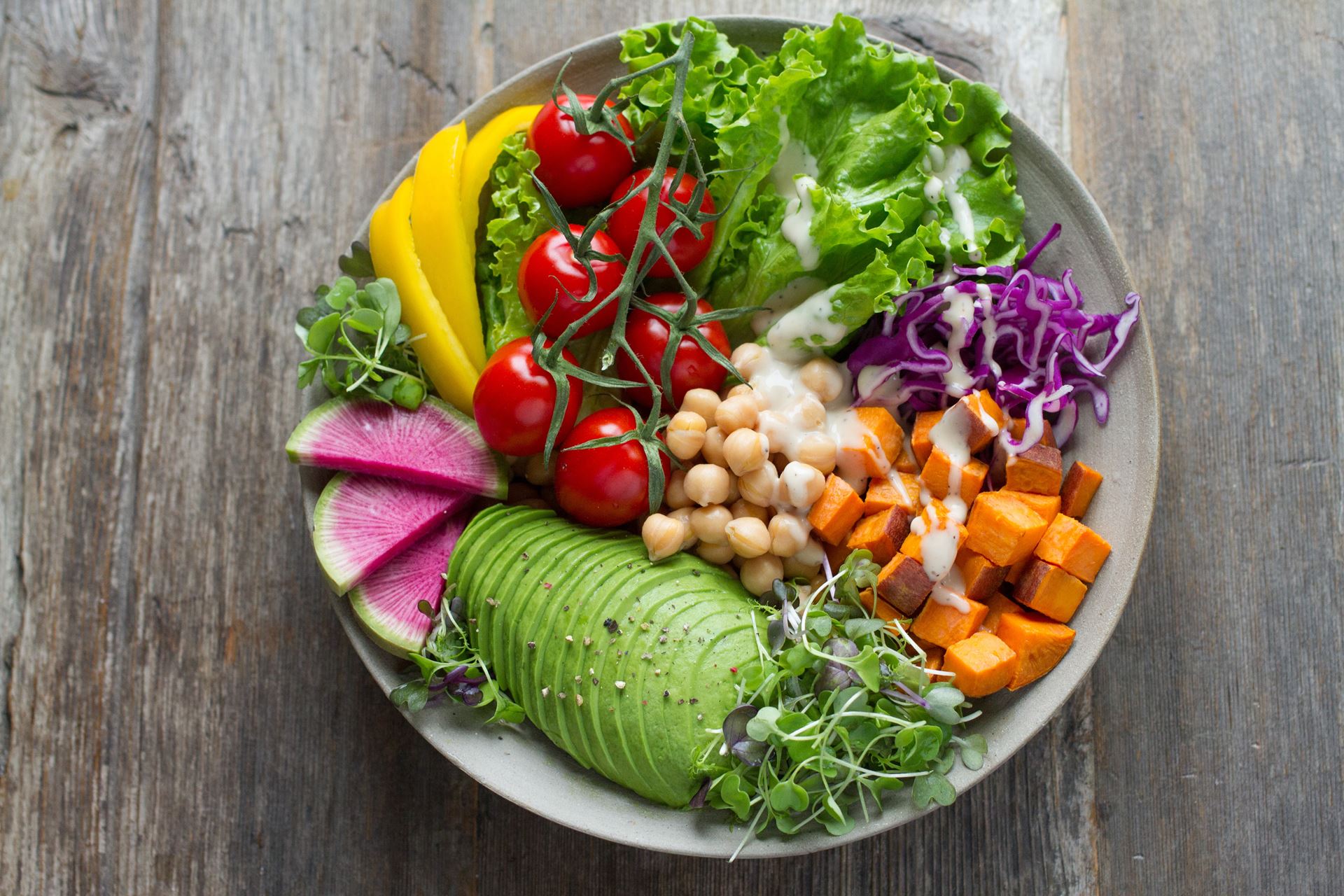ESREP
4th Year Medical Student Research Project
Dear Patient,
College Lane Surgery are working with medical students from the University of Leeds to conduct a study on the effects of implementing a lifestyle-based program to treat diabetes and we would love for you to be involved.
This program is based on the “Low GI diet”. A Low GI diet consists of eating carbohydrates that have a low glycaemic index. Glycaemic index is an indication of the rate at which carbohydrates are broken down into glucose. The lower the glycaemic index, the slower the rate at which food is broken down, resulting in a more stable rise in blood sugar levels. Similar studies have shown that by following this diet participants experienced a decrease in HBA1C blood sugar levels, blood pressure, waist circumference and weight. Some patients' diabetes even went into remission. These changes can reduce the risk of developing heart problems, diabetic complications such as sight loss and even some cancers.

Frequently Asked Questions
1. Is this a restrictive diet?
No.
Participants are encouraged to follow a new lifestyle and to make healthier choices. We ask that you refrain from eating foods with a high glycaemic index such as white rice.
2. What can/can’t I eat?
You are under no obligation to cut out or to only eat certain foods. You can eat any food/drink as long as the GI is below 55. Consuming foods with a GI over 55 is not prohibited however; the aim of the study is to assess the effects of a low GI diet.
3. Am I restricted on portion size?
No.
However, you are encouraged to have healthy portion sizes. Click on the link below for more information on healthy portion sizes.
4. Am I at risk of my cholesterol increasing?
Previous similar studies have indicated that participant’s cholesterol was reduced. However, we cannot guarantee that there will be no change to your cholesterol levels. Some, in an attempt to avoid high GI foods may opt for foods with a higher fat content, be aware of this. We are encouraging you to swap your current carbohydrate choices for those with a lower GI. Therefore, there should be little to no risk of your cholesterol levels increasing.
5. Will I be required to do a finger prick test daily for this study?
If you already do the finger prick test, we advise that you continue with your normal routine.
If you do NOT do the finger prick test, this will not be implemented. ALL participants will be asked to come to the surgery once every 3 months to have their HbA1c measured, along with other metabolic measurements such as weight and waist circumference.
6. Do I have to come in every month?
No
You are required to come once every 3 months. This is to have your bloods and measurements taken.
Monthly support group meetings will take place but you are under no obligation to attend. The meetings are an opportunity for participants to talk to each other to see how they are finding the lifestyle change, exchange tips and recipes and to ultimately support one and other during the 6 month period.
7. Can I drink alcohol?
There is not enough evidence regarding the glycaemic index of alcohol due to the nature of the test which determines the GI. However, alcohol can contain a lot of sugar which breaks down to glucose quickly so take this into consideration when making choices for a low GI diet.
8. What about the GI of meat, fish and eggs?
These foods are made up of protein and fat, with little carbohydrates. This means they have a low GI. Try to limit the amount of fatty meat in your diet due to the contribution it has to diabetes and other health concerns such as heart disease.
9. Which alternatives are there for bread?
There are various types of bread that have a low GI such as rye bread. Click on the link below for more information on the alternative foods to bread.
https://www.weightlossresources.co.uk/diet/gi_diet/glycaemic_index_tables.htm
10. Which databases should I use for searching the glycaemic index of a food?
You will find the list of databases below. Please try to stick to these databases so we can ensure all participants are using the same references. If however a food is not found in the links provided, you can search for it yourself.
https://www.weightlossresources.co.uk/diet/gi_diet/glycaemic_index_tables.htm
http://www.gilisting.com/2004/05/glycemic-index-snack-foods.html
Information links:
What is the low GI diet?
https://www.healthline.com/nutrition/low-glycemic-diet#section4
David Unwin’s research
https://onlinelibrary.wiley.com/doi/abs/10.1002/pdi.1835
Metabolic effects of Low GI diet
https://www.ncbi.nlm.nih.gov/pmc/articles/PMC2654909/
Sugar infographics
Page created: 20 January 2021